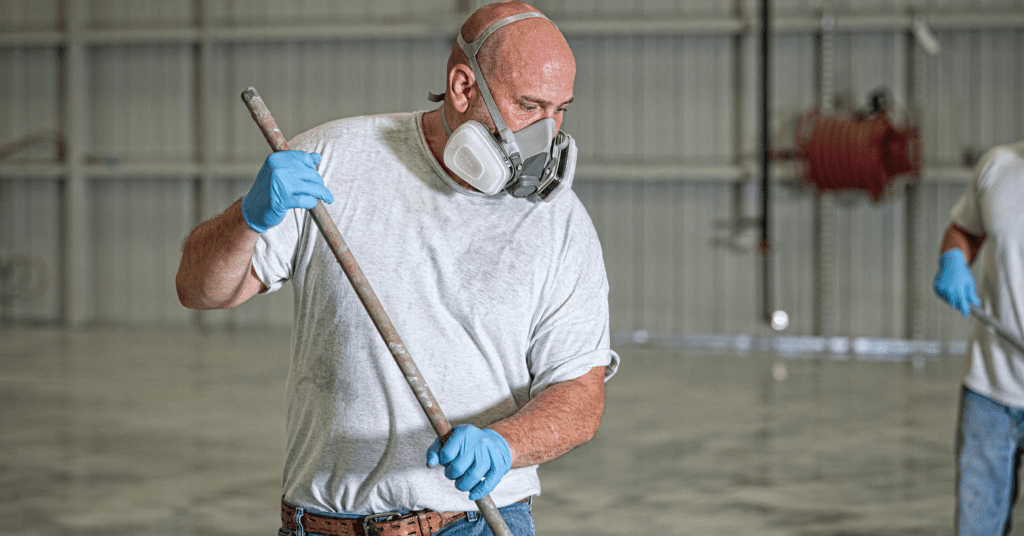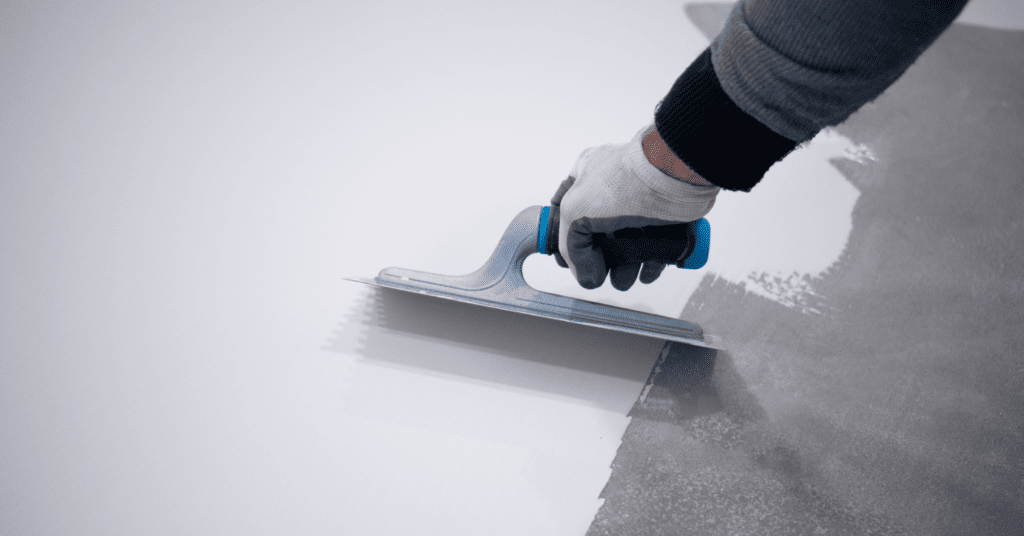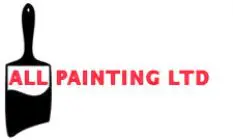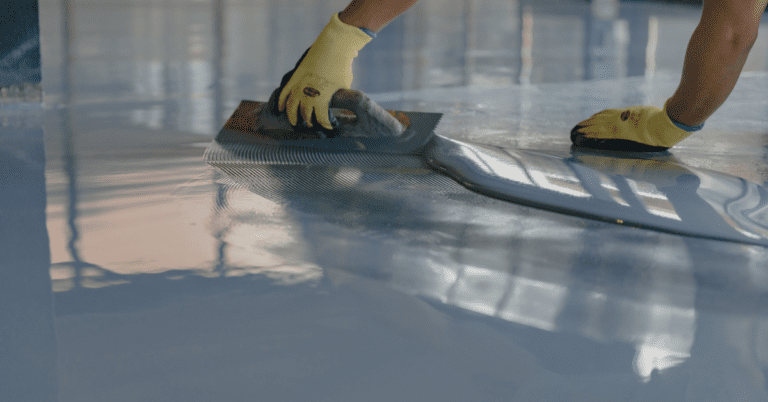Epoxy, also known as polyepoxide, is a versatile polymer that is commonly used in various applications, including protective coatings, fillers, and adhesives. It is known for its exceptional strength, chemical resistance, and dimensional stability. Homeowners often turn to epoxy for its durability and its ability to protect surfaces from wear and tear, chemicals, and moisture. However, there are certain situations where epoxy may not be the best choice. In this article, we will explore when it is not recommended to use epoxy and discuss alternative materials that can be used instead.
Understanding the Potential Risks of Using Epoxy
While epoxy is a versatile and durable material, it is important to be aware of the potential risks associated with its use. These risks include respiratory problems, burns, dermatitis, and allergic reactions.

1. Respiratory Problems: Working with epoxy can release volatile organic compounds (VOCs) into the air, which can cause irritation to the respiratory system. It is crucial to work in a well-ventilated area and use personal protective equipment, such as a respirator, to minimize inhalation of fumes.
2. Burns: Epoxy has a low viscosity and can accelerate the curing process through an exothermic reaction. If not handled properly, epoxy can generate heat and cause burns or skin irritation. Wearing suitable protective clothing, including gloves and long sleeves, is essential to prevent direct contact with the epoxy. Epoxy can take several hours or even days to cure completely; for more information on the longevity of this process, check out our article on how long epoxy coating lasts.
3. Dermatitis: Some individuals may develop dermatitis, an inflammation of the skin, as a result of direct contact with epoxy. This is why it is important to wear gloves and avoid touching your face or eyes when working with epoxy.
4. Allergic Reactions: Certain individuals may have an allergic reaction to epoxy, which can manifest as skin rashes, respiratory problems, or even anaphylaxis in severe cases. If you have a known allergy to epoxy or related substances, it is best to avoid working with it or consult a medical professional before doing so.
While epoxy is versatile and durable, it’s important to distinguish between epoxy coating and epoxy paint, as their application and risks can differ.
Situations Where Epoxy is Not Recommended to Use
1. When the surface is not clean and dry: Proper surface preparation is crucial when working with epoxy. If the surface is not completely clean and dry, the epoxy may not adhere properly, resulting in a weak bond. Any moisture, dirt, or oil on the surface can prevent the epoxy from bonding correctly. Make sure to thoroughly clean and dry the surface before applying epoxy. Proper surface preparation is crucial when working with epoxy; learn more about why it might be necessary to power wash your house before painting it.
2. When the temperature is too low: Epoxy requires specific temperature conditions to cure properly. If the temperature is too low, the epoxy may not cure completely, leading to a weak bond. The ideal temperature range for epoxy application is typically between 60-90 degrees Fahrenheit. In colder conditions, a special low-temperature epoxy may be needed.
3. When the surface is porous: Epoxy is not suitable for use on porous surfaces such as wood or concrete. Porous surfaces can absorb the epoxy, weakening the bond and causing the epoxy to fail over time. Instead, it is best to use a specialized adhesive designed for use on porous surfaces.
4. When there is a risk of UV exposure: Epoxy is not UV-resistant, meaning it can yellow and degrade when exposed to direct sunlight for extended periods. If you are using epoxy in an outdoor application or where it will be exposed to sunlight, consider using a UV-resistant coating instead.
5. When there is a risk of exposure to chemicals: Although epoxy is highly resistant to chemicals, certain chemicals can soften, warp, or degrade it over time. If your project involves exposure to harsh chemicals, it is best to use a specialized epoxy designed to withstand those specific chemicals.
6. When the surface is flexible: Epoxy is a rigid material and not suitable for use on flexible surfaces. It can crack and fail when subjected to movement. If your project involves flexible materials such as rubber or plastic, consider using a flexible adhesive instead.
7. When a clear finish is desired: While epoxy can create a clear, glossy finish, it may not be the best choice in all cases. Epoxy can yellow over time, detracting from the appearance of the finished product. Additionally, removing or repairing epoxy can be challenging. Consider using a different type of clear finish, such as polyurethane or lacquer, for a desired aesthetic.
8. When a thinner consistency is needed: Epoxy is a relatively thick material, making it difficult to work with in certain applications. If you require a thinner consistency, such as for filling cracks or gaps, consider using a different type of adhesive or filler specifically designed for those purposes.
9. When the project requires fast cure times: Epoxy can take several hours or even days to cure completely, depending on the product and conditions. If you need a fast-curing adhesive, such as for a quick repair or temporary fix, consider using a different type of adhesive that cures more quickly, such as cyanoacrylate (super glue).
10. When the project involves food or drink contact: While epoxy is generally considered safe for surfaces that come into contact with food or drink, it is not recommended for surfaces that will have direct contact. This is because some types of epoxy may contain chemicals that may be harmful when ingested. It is best to opt for food-safe alternatives or consult professionals for guidance.
Alternative Materials to Consider Instead of Epoxy
If epoxy is not suitable for your project, there are several alternative materials that can be used:
1. Polyurethane: Polyurethane provides similar benefits to epoxy. It is resistant to chemicals, stains, and moisture, making it suitable for garage floors and countertops. Polyurethane is also UV-resistant, making it a better choice for outdoor applications.

2. Acrylic: Acrylic is a water-based coating that is easy to apply and dries quickly. It is suitable for indoor and outdoor surfaces, providing a glossy finish and good resistance to wear and tear. Acrylic coatings are available in a wide range of colors, allowing for customization.
3. Concrete and Hard Plaster: Concrete and hard plaster are excellent alternatives to resin epoxy. These materials offer durability and can be applied to a variety of surfaces. They are particularly suitable for applications that require a strong and long-lasting finish.
4. Other Substances: There are various alternative materials available as substitutes for epoxy resin. These include metal, plastic, slush latex, and alabaster. These materials offer specific properties and can be utilized depending on the project requirements.
Conclusion: When to Consider Alternatives to Epoxy
Epoxy is a versatile and durable material commonly used for various applications, from protecting garage floors to creating glossy finishes. However, there are situations where epoxy may not be the best choice. Factors such as surface condition, temperature, porosity, UV exposure, chemical resistance, flexibility requirements, clear finish preference, cure time, and contact with food or drink can impact the suitability of epoxy for a project.
In such cases, alternative materials like polyurethane, acrylic, concrete, hard plaster, or other substances can provide similar benefits or cater to specific project requirements. It is important to assess the needs of your project and consider the strengths and limitations of different materials before making a decision. By understanding the situations where epoxy may not be recommended and exploring alternative options, homeowners can make informed choices to achieve desired results while ensuring safety and longevity. As always if you’re unsure, call the professionals to help with your epoxy project!
If you’re unsure whether epoxy is the right material for your project, or if you need professional assistance to make an informed decision, our experienced team is here to help. We proudly serve customers in various locations around Greater Vancouver. Whether you’re looking for Maple Ridge painters, Langley painters, Richmond painters, New Westminster painters, West Vancouver painters, North Vancouver painters, Port Coquitlam painters, Coquitlam painters, Port Moody painters, Surrey painters, Burnaby painters, or Vancouver painters, we have you covered. We are committed to helping you select the right materials for your project, ensure proper application, and achieve the high-quality, durable finish you desire. Contact us today to schedule a consultation and learn more about our services.

